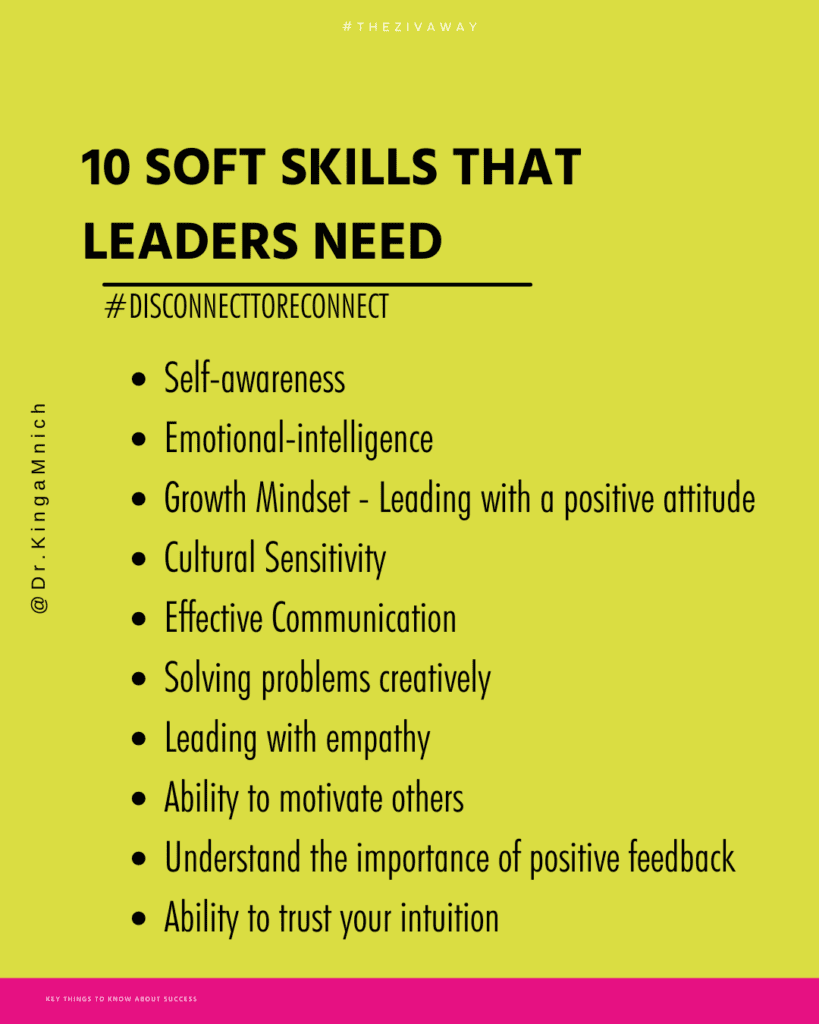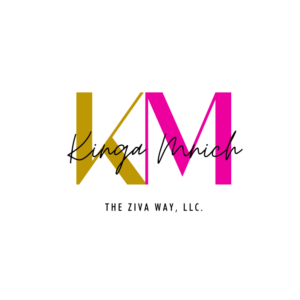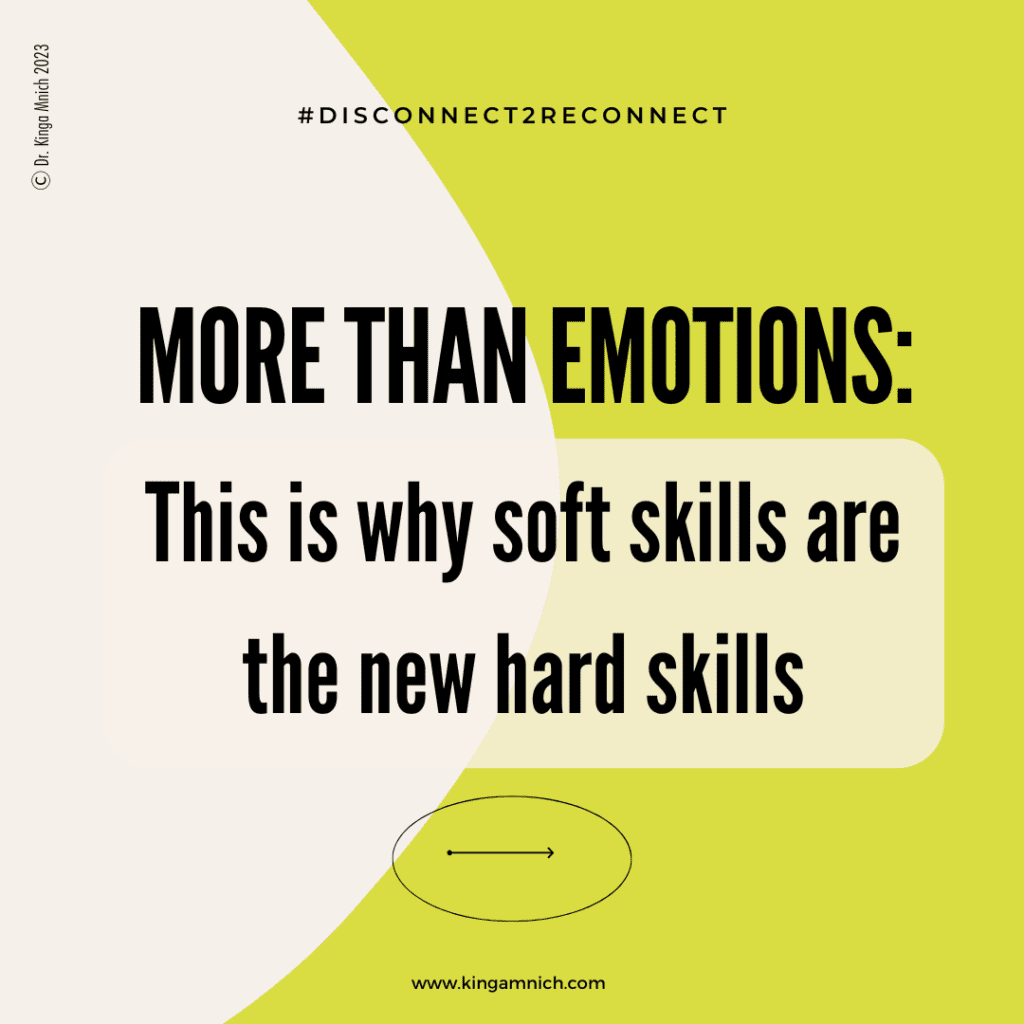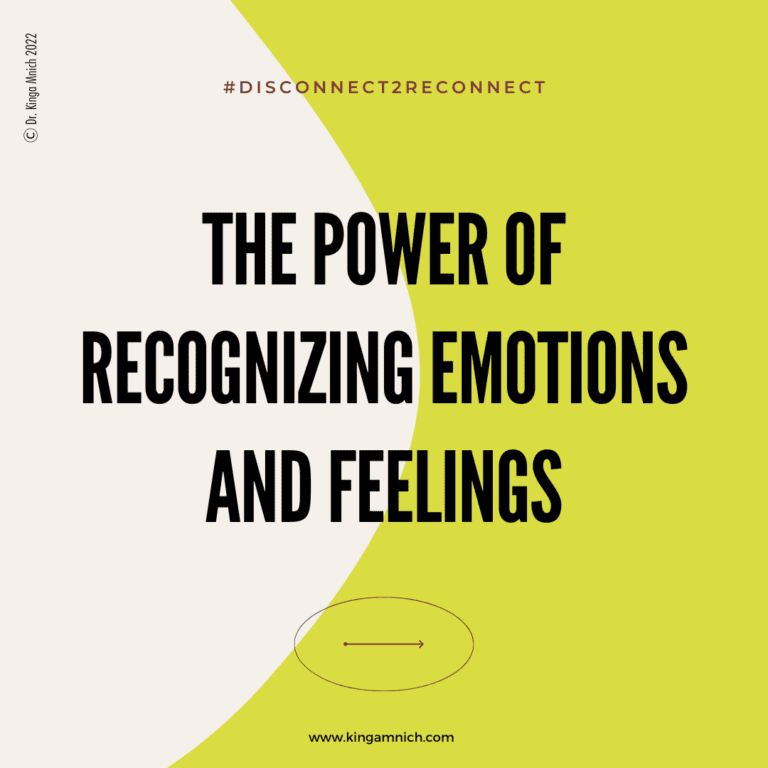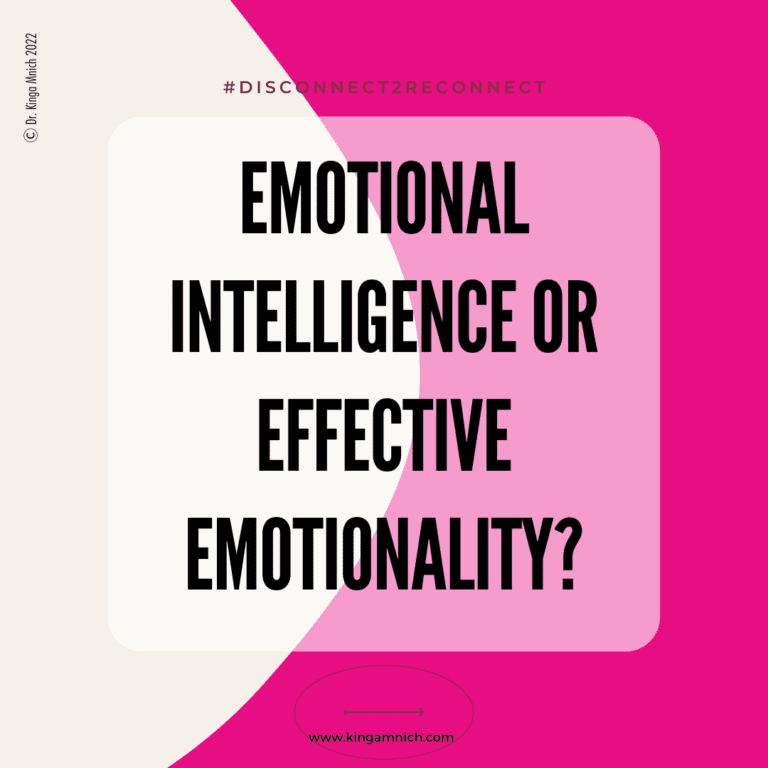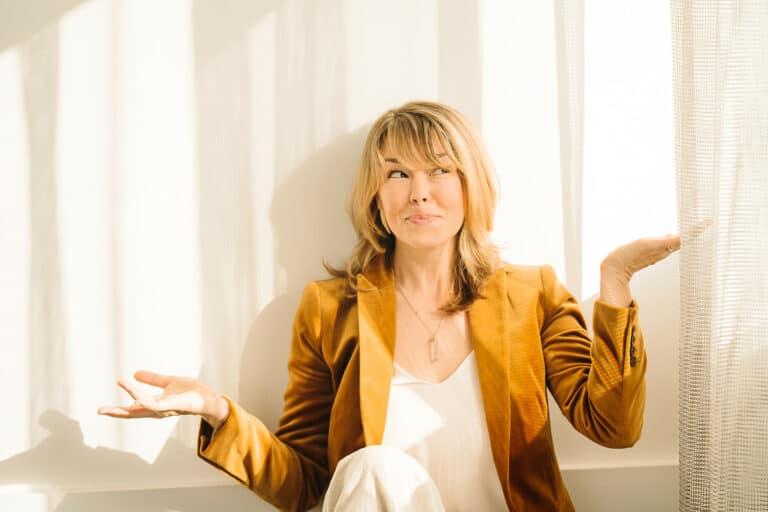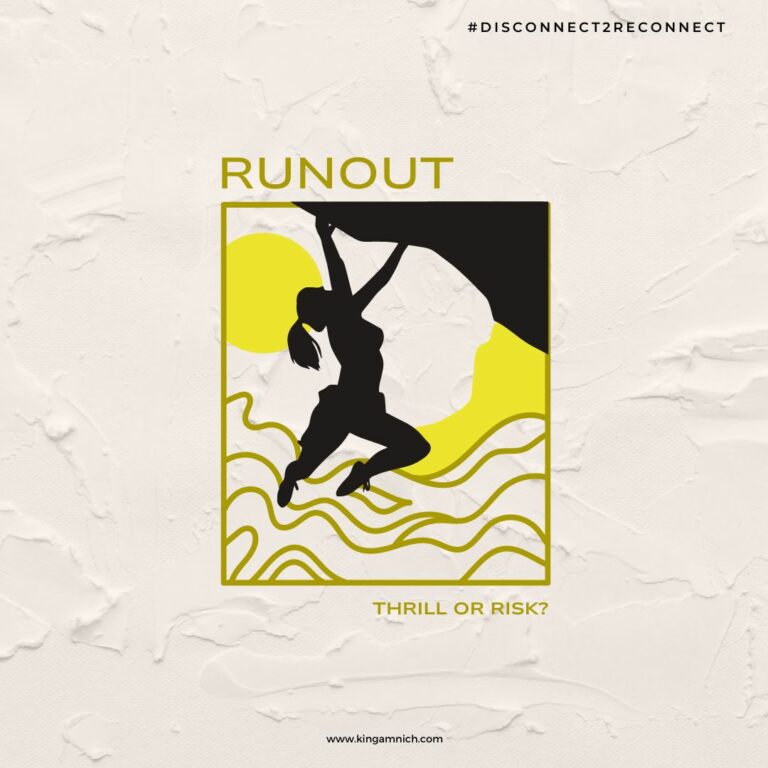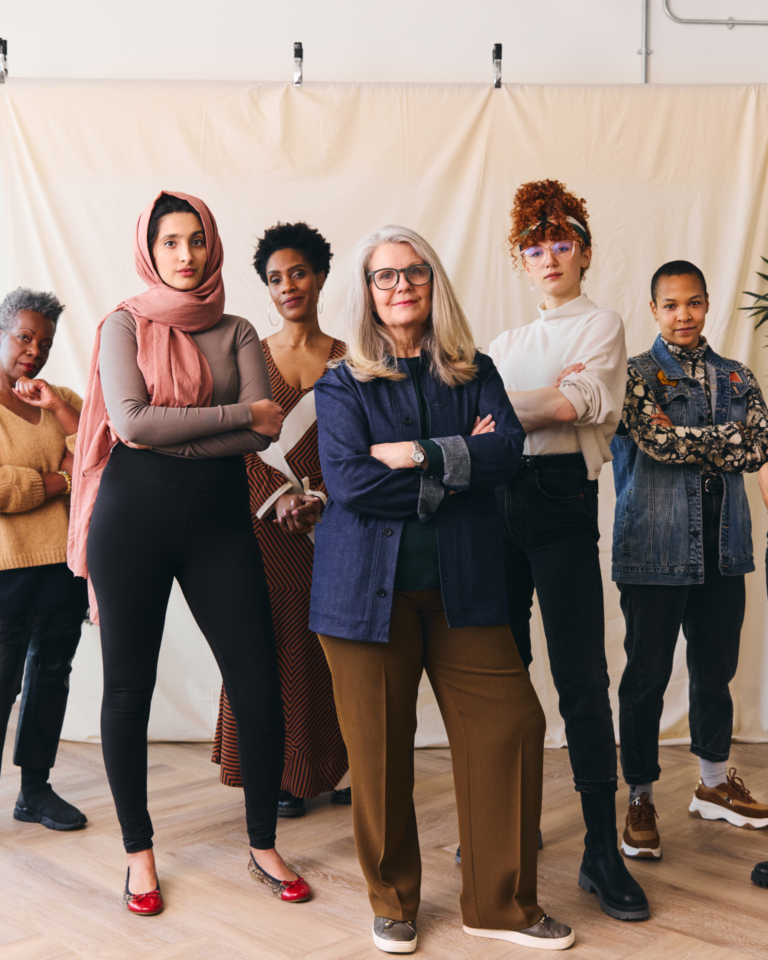As a woman, I feel irritated when people speak about soft and hard skills. What is even more irritating is listening to how men excel at ‘hard skills’ while women lean towards ‘soft skills’. (Usually, people refer to anything that seems ‘logical’ as a hard skill. Further, everything that is not based on mathematical evidence as a soft skill).
But these loose definitions seriously minimize the importance of what is the very nature of being a human being!
Research shows that women, despite a lack of encouragement from ‘the establishment’, are generally not less skilled in subjects such as mathematics or physics. But research also shows that when we make assumptions about the skill set of another person, our assumptions have an actual impact on that person’s own belief systems. This can actually impact their capabilities. So, if we assume women cannot shine in physics, we may be engendering a self-fulfilling prophecy.
The basis for every interaction – such as the assumptions we make about others and the impact they have on them – is being communicated through feelings and emotions. Emotions are the chemical reactions we have and which cannot be turned off! They accompany everything we do, everything we see, everything we sense and everything we think – that is nature!
Women are generally credited with being more sensible, community-oriented, and focused on the well-being of others. However, some of these social presumptions are becoming questionable, especially in light of the LGBTQ movement. Hormones do affect our behavior (how you experience, evaluate, and express yourself). More so, the culture and surroundings you grow up in have an even more significant effect on how you take on social roles.
Table of contents
- How does the environment determine what you are good at?
- So how can you find your authentic self?
- How you are connected to your environment.
- Can you live authentically?
- Are soft skills the new hard skills?
- 10 soft skills that you need to be a leader
- Why do positive emotions make us better problem solvers?!
How does the environment determine what you are good at?
Yes, the environments in which we are reared, educated, and where we live, impact the development of our skill sets.
On top of that, growing up in a belief system that classifies skills as soft or hard, isn’t, in the first place, beneficial to creating an equal society. To be structurally influenced, to believe you are good at so-called soft skills but not at hard skills, does not allow the balance in your confidence levels that is necessary for you to understand yourself truly. Confidence builds competence. This is especially true regarding emotions, as emotional intelligence has traditionally been classified as a soft skill.
We still have centuries of misunderstanding of the physicality of emotions to overcome. Throughout history, the word has spread that emotions are essentially ‘feminine’. Even as current research is trying to correct this misconception and despite some progress, modern society is still substantially based on the primacy of the male and men still do not accept women as equals when it comes to emotions and feelings.
So how can you find your authentic self?
Here is the irony: we live in the era of buzzwords and highly polished marketing slogans. These circle us the moment we open our phones, browse online or look at a magazine. We move from one trend to the next: often falling victim to them too!
But one trend that really does have some value is:
The encouragement to understand who you are and who you want to be by expressing your authentic nature. In my opinion, this trend really does have the power to break down some of those erroneous belief systems about soft and hard skills, feminine vs masculine, emotional vs rational (what Dr. Joe Dispenza refers to as ‘matter vs. non-matter’).
It takes less energy for us to think in compartments instead of thinking integratively. That’s why many of us have slipped accidentally into a world of dualities. This may be convenient, but, to see the full spectrum of the world – and to become your authentic self – you are going to have to practice thinking in more integrated patterns. We don’t exist in isolation. We only exist in relation to others. So you have to start understanding that there is no ‘you’ without ‘others’ as well.
How you are connected to your environment.
As much as you are an individual, you gain meaning within a community, and within the context of each and every situation you find yourself in. That is the beautiful combination of the two concepts of focusing on yourself and serving others: concepts which will soon have you handling the contradictions of our society without losing yourself in the process.
Glennon Doyle breaks down many of these contradictions in her personal life story, which she processes in her book Untamed. Doyle shows her path of breaking down the chains and creating a life on her terms – a truly authentic version of herself.
Can you live authentically?
Being able to live authentically means following your own rules while letting go of the fear of being judged. It also means you can integrate all the different pieces of yourself.
This obviously starts with yourself – we are the most significant judges of ourselves. It can begin by taking in the expectations that others have towards you and modifying them to fit with your own expectations. It can also come from the belief that you are a high-achiever and, therefore, feel the need to perform and deliver – on your terms.
Living authentically results in letting go of the unfounded beliefs that women are better suited to ‘soft skills’ and should thus play a less important role. It means understanding that to become your best version and positively impact your surroundings, you need to connect with your emotions and start seeing them for what they are; which is, incidentally, the most vital skill there is to influence the people around you.
Are soft skills the new hard skills?
As a society, we have never lived further away from what makes us human than we do today. We are moving increasingly towards automation. Much of our communication now happens from behind a screen. Emojis are replacing emotions, and artificial intelligence is supposed to help us connect better. Euk!!!
Understanding the delicate art of communicating and navigating through emotions has, therefore, become an even more vital skill in the modern environment. It is also a very basic human need, and it is the cradle of evolution. It is naive to consider it as simply a ‘soft skill’.
The intricacy of emotions goes far beyond the individual experience. They are part of every interaction, every exchange of information, and every movement that requires energy. E-motion means being in motion. The moment you stop feeling is the moment you stop living. That is how fundamental emotions are to us as human beings.
Unfortunately, we pay more attention to unpleasant complex emotions than light ones. Neuroscience calls this the negativity bias. As a social psychologist, I would like to go even further and call it the patriarchal bias. Men are allowed to express emotions such as anger or jealousy while a woman presenting something with joy and excitement, is likely to be asked to be more rational and less emotional. This emotion bias separates us from developing a full spectrum understanding of emotions as men and women. Unfortunately, it is also based on the lack of knowledge of how uplifting, positive, emotions can impact, create a solution, and build a community.
10 soft skills that you need to be a leader
- Self-awareness
- Emotional-intelligence
- Growth Mindset – Leading with a positive attitude
- Cultural sensitivity
- Communicating effectively – It is not important what you say, it is important what the other person understands.
- Solving problems creatively
- Leading with empathy
- Ability to motivate others
- Understand the importance of positive feedback
- Trusting your intuition because you don’t know what you don’t know.
Why do positive emotions make us better problem solvers?!
Positive emotions help the brain be more creative, see outside the box, have less fear, and be able to focus on improvement. Positive emotions balance out our nervous system and allow us to be forward thinkers instead of living in the past. They help us prevent burnout and depression, as well as develop gratitude – which is a significant marker in preventing mental diseases.
Research shows that women are actually better problem solvers because they more readily engage in integrative thinking and the ability to foresee future problems. They rely more on prevention rather than reaction: they think ahead rather than wait for the ax to fall.
Changing the dialogue of soft skills will enable women to continue developing themselves to find their authentic selves and to keep a good balance between their integrative thinking while, at the same time, avoiding anxiety as they propel themselves forward along their chosen paths.
My name is Dr. Kinga Mnich, and I am a social psychologist talking about mindset, emotions, confidence, and leadership. Helping women to build more confidence and they can trust their own abilities.
On a mission to help you be yourself and let go of social expectations that are holding you back.
